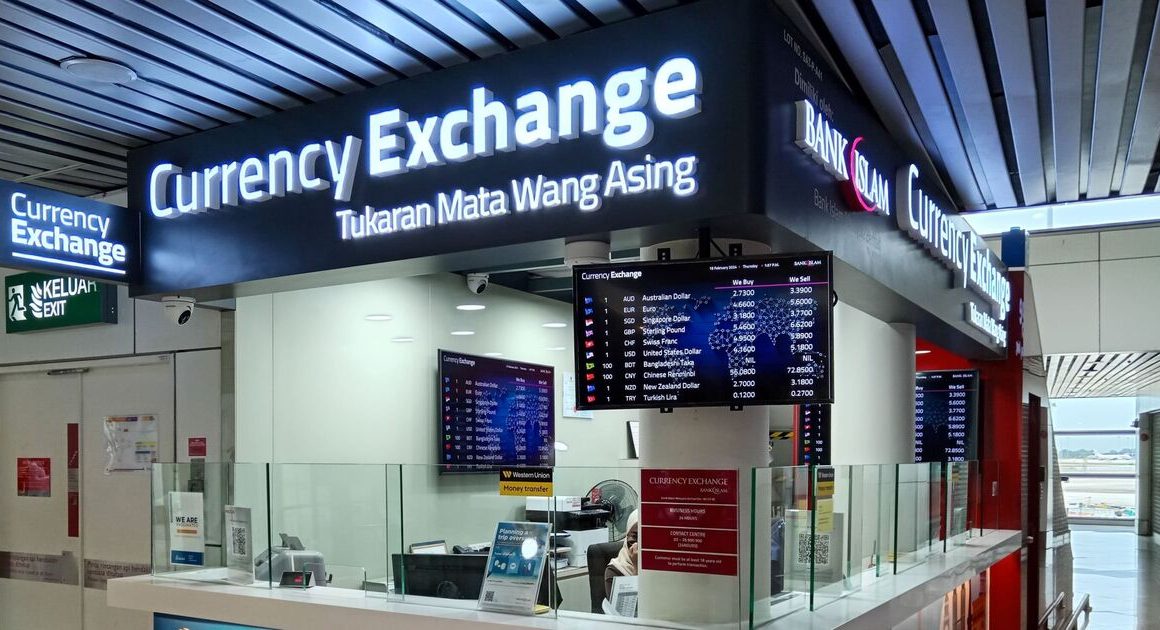As It Happens6:05American swimmer takes a dip in the Seine River despite concerns over its cleanliness
Despite poor water quality results in the Seine River, and angry Parisians threatening to defecate in it ahead of the Olympic Games, Joel Stratte-McClure decided it was the prime spot for a Fourth of July swim.
“[It was] delightfully warm, a little bit murky,” Stratte-McClure, a swimmer and journalist from California, told As It Happens host Nil Köksal.
“Between you and me, I couldn’t see any E.coli, even if I was a scientist.”
The Seine River is expected to host marathon and triathlon swimmers at the upcoming Olympic Games later this month, but the river has continually received poor water quality ratings.
Before Stratte-McClure’s swim, tests showed unsafe levels of E. coli in the river for three straight weeks. The test results, by public water agency Eau de Paris, revealed contamination levels above the safe limit determined by the World Triathlon Federation for competitions.
But just a few hours after Stratte-McClure took to the water, regional authorities released data showing water quality in the river had improved over the past week.
“It is still [a] murky, full-of-algae river, with lots and lots of pollution left in it,” said Stratte-McClure.

Controversial waters
E. coli and enterococci levels were higher than safe limits in June after persistent heavy rain in Paris.
Paris Mayor Anne Hidalgo had planned her own swim in the Seine in June to prove that the water was safe to swim in.
It prompted an online campaign by some Parisians threatening to defecate in the river on June 23, when she was initially scheduled to swim, as a protest over funds spent on the cleanup.
Hidalgo postponed the swim after French President Emmanuel Macron called a snap election in June.

That, plus a faster-than-usual current due to the heavy rainfall, pushed Hidalgo’s plan for a Seine swim to mid-July. She has not yet set an exact date.
There’s been an effort to clean the river, which includes a massive storage basin that allows the city to treat water that comes from storm drains before it goes into the Seine.
“We are confident that we will swim in the Seine this summer,” IOC official Christophe Dubi said at an online briefing last month.
To swim or not to swim
It’s not the first time Stratte-McClure has taken a dip in the Seine. In 1976, during a drought in the city, he took a swim through the river for a magazine cover shoot. At that time, he says the river was full of dead fish.
“This was a lot better,” said Stratte-McClure.
Stratte-McClure was only in the water for about 20 minutes and said he was feeling fine after his swim. But he joked that people should wait a bit and check in on him before diving head first into the river.

“Wait five days. If I’m still alive, it’s safe,” said Stratte-McClure. “I’m taking one for the team. And if I die, they’ll cancel it, and I’ll save numerous lives.”
The Olympics will run from July 26 to Aug. 11, followed by the Paralympics, which run from Aug. 28 to Sept. 8. The first Olympic event scheduled for the Seine is the men’s triathlon on July 30.











